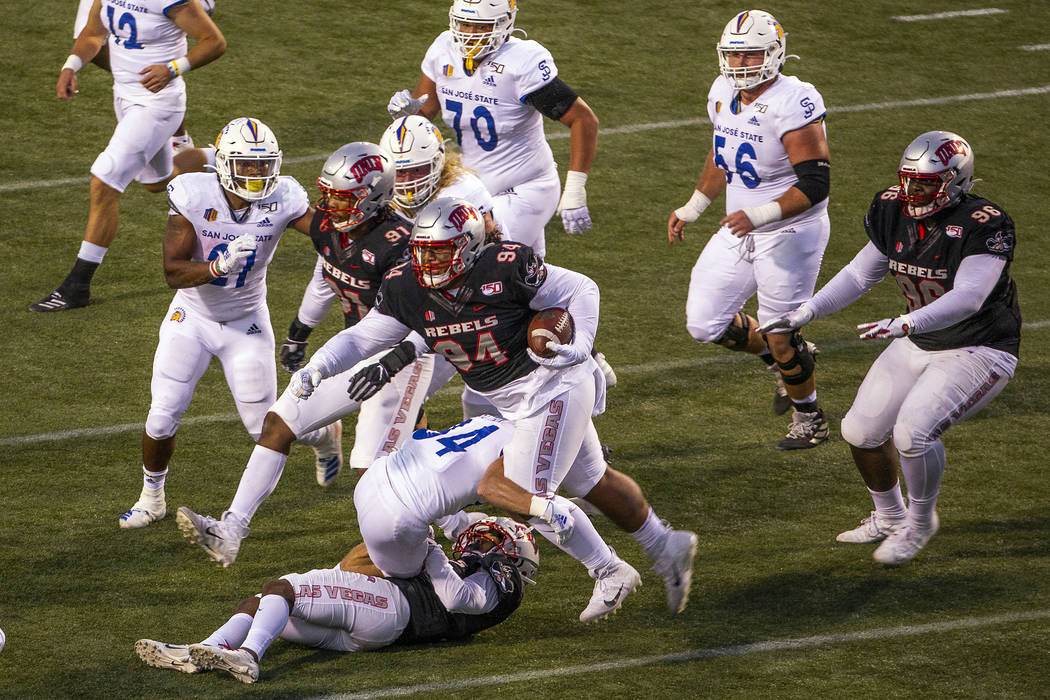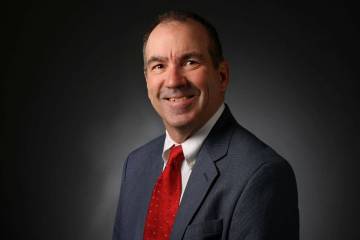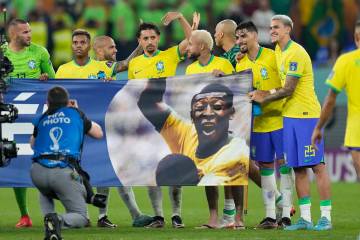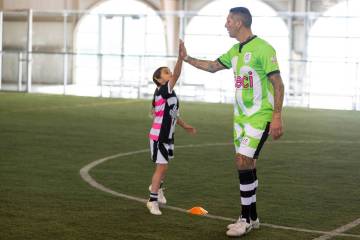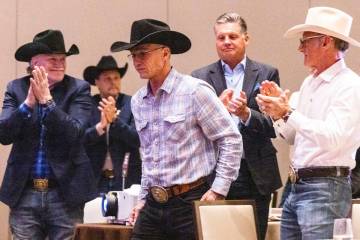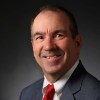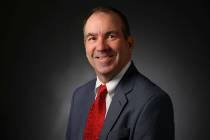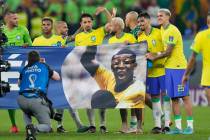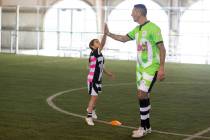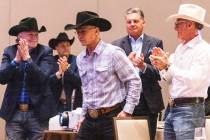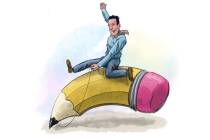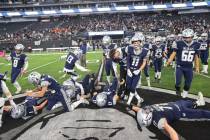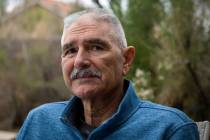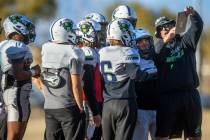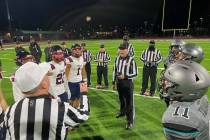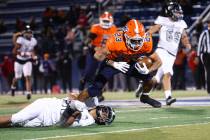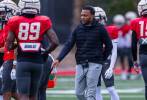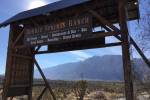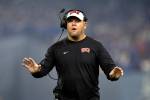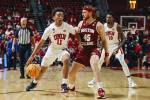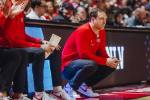Sam Boyd Stadium produces another happy Las Vegas send-off
Whatever Pete Alonso can do, Kolo Uasike can do better.
Or something like that.
Roughly 14 months after Alonso hit a walk-off home run lifting the Las Vegas 51s to a dramatic victory in the final baseball game played at Cashman Field, Uasike intercepted a pass in the shadow of his goal line to preserve UNLV’s wild 38-35 victory over San Jose State on Saturday and make its Sam Boyd Stadium send-off a happy one.
That the final Rebels game in the little stadium on the outskirts of town should end with a defensive tackle clutching the football with six seconds remaining somehow seemed fitting.
The topsy-turvy final act produced bittersweet memories for many in the generously announced crowd of 17,373. For most, it was more bitter than sweet, given the home side’s long-standing futility — just four winning seasons over the past 32 — within confines that were anything but friendly.
Daren Libonati, who was watching from the press box tower suites, feigned outrage at that assessment.
“They never talk about our win against Wisconsin,” said the MGM Grand vice president, who kicked a field goal in the Rebels’ 17-7 upset victory in 1986 and later become director of Sam Boyd Stadium and the Thomas & Mack Center.
Wisconsin went on to become a national powerhouse that played in six Rose Bowls.
UNLV went on to lose to Northern Arizona, Southern Utah and Howard.
For those reasons and others, Sam Boyd Stadium may best be remembered as a dubious monument to one of the nation’s most underachieving college football programs since the wishbone offense faded into oblivion. It mostly explained the lack of pomp and circumstance as the Rebels prepared to become squatters at 65,000-seat Allegiant Stadium being built for the NFL’s Raiders.
In another time or another place, football fans might have filled the stands and brought bolt cutters to secure a souvenir on their way out.
On Saturday, it was more like metaphorical shovels.
The idea seemed to be bury Sam Boyd instead of remember it, although more than 200 former Rebels turned out for the send-off and were warmly received by the meager crowd.
In retrospect, Libonati said the intimate stadium with the fabulous sightlines served a much bigger purpose than Brigham Young or Boise State or Southern Utah padding its record at UNLV’s expense.
“It fulfilled the needs of Rebel football and supplied a surplus of revenues for each and every (UNLV) president to disseminate as they deemed fit,” he said of the stadium becoming a cashbox thanks to musical acts such as the Grateful Dead, U2 and the Eagles, as well as motor sports and specialty events.
Las Vegas Events president Pat Christenson, who preceded Libonati as Sam Boyd Stadium director, struck a melancholy chord as the action unfolded down on the field turf.
“It’s just sad that the stadium doesn’t mean more (to people) than it does,” he said before offering his Sam Boyd Stadium souvenir keychain to an inquisitor.
The Grateful Dead opened a three night stint at Sam Boyd Stadium in Las Vegas, NV on Jun 24, 1994. https://t.co/5dIytBsxGy pic.twitter.com/ZmBcEJAsK9
— HISTORY:nevada (@HistoryNevada) June 24, 2019
Bigger not always better
There’s an assumption that moving into a monolithic NFL stadium with bells, whistles and no place to park is going to be the panacea for what ails UNLV football. That’s also what the University of Minnesota believed when it shared the Metrodome with the Vikings and Twins on a rent-free basis.
Citing poor revenue streams and lack of a college football atmosphere, the Golden Gophers eventually built an intimate stadium of their own and moved back on campus.
As for increasing recruiting budgets and coaching salaries by playing in a bigger facility and selling more tickets, ask NASCAR how that’s working out.
0:01
As UNLV football fans filed out of Sam Boyd Stadium for the final time and the sun began to set on the sage and nearby mountains, I was reminded of what Tulsa football coach Dave Rader said upon witnessing the same vistas 30 years ago.
Rader, then a youthful 31, marveled at the natural beauty that enveloped the stadium, as if to imply the right guy could build a winner here. Despite Sam Boyd’s spartan locker rooms, distance from campus and other shortcomings.
Might he have been the right guy? Perhaps too much was read into his peaceful, easy feeling following an impressive road victory.
Rader ultimately would guide Tulsa to a 10-2 record. He decided not to get off the Oklahoma turnpike.
He was fired in 1999.
That’s just how it was at Sam Boyd Stadium. Even when victory beckoned, it usually was only fleeting.
Beautiful sunset at Sam Boyd Stadium.#USA7s pic.twitter.com/RiP3TUjx2C
— Titans U.R.C (@TitansURC) March 6, 2017
Contact Ron Kantowski at rkantowski@reviewjournal.com or 702-383-0352. Follow @ronkantowski on Twitter.



